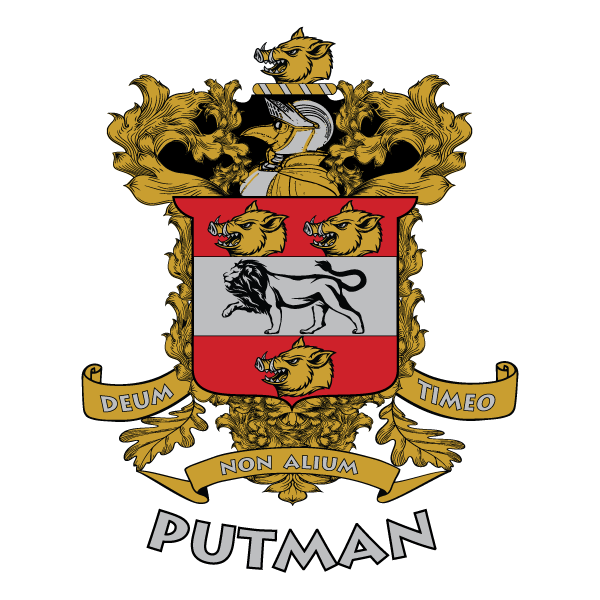The Early History of the Putman Family in America
Origins and Name Variations
Similar to our own family’s experience, many of the early settlers in America were unable to read or write. As a result, their names were often recorded phonetically by county court clerks who prepared early deeds and legal documents. The Putman family, originally from the German Palatinate, exemplifies this phenomenon. Their surname was first spelled as “Boutemont,” a French name, which was subsequently adapted to “Buttman” in Germany, reflecting a more Germanic spelling. Upon arrival in America, the name evolved again to “Putman,” as the German “B” is pronounced much like the English “P.” The original pronunciation, “Bootmon,” was quickly transformed to “Putman” in America.
Arrival in America
The first member of the family known to arrive in America was Andreas, also known as Andrew. He traveled on the ship Osgood and landed in Philadelphia on September 29, 1750. Not long after, on September 25, 1751, Philip Boudemont arrived in Philadelphia aboard the Phoenix, which had sailed from Rotterdam by way of Portsmouth, England.
Research and Documentation
Extensive research into the early history of the family has been conducted by individuals such as Dick Heller of Mission, Texas; Patricia McKinna of Houston, Texas; Bettie Cornell of Frederick, Maryland; and Bill and Betty Eynon. Their work has helped to clarify and organize the early lineage and migration patterns of the family.
Huguenot Roots and Migration
The Boudemonts were originally French Huguenots who fled across the border into Germany in the early 1600s to escape religious persecution. The family name changed from “Boutemont” to spellings more in line with the German language, as was common among families in the Palatinate region of Southwest Germany near the French border. The earliest known ancestor of this line is Jacob Boudemont.
